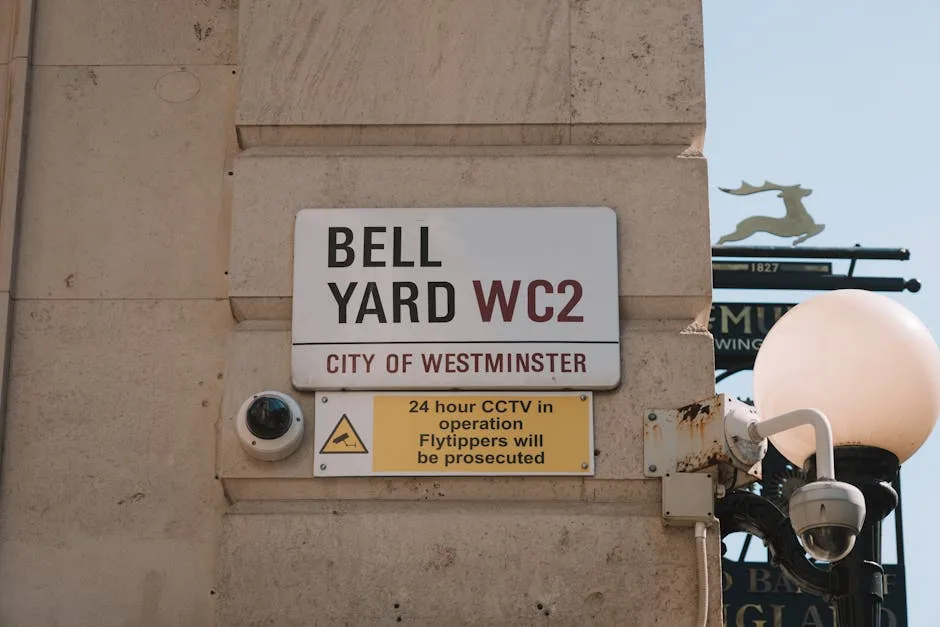
Recent reports from UK security sources indicate that Chinese intelligence operatives have deployed listening devices in high-traffic public spaces across London, including park benches and pubs near government buildings. The operation, described as a systematic effort to intercept sensitive discussions, targets areas frequented by civil servants, researchers, and military personnel. Technical evidence suggests the use of miniaturized GSM-enabled bugs and cyber espionage tactics, raising concerns about data integrity and operational security in public venues.
Key Findings and Technical Details
Security officials confirmed that devices were planted in St James’s Park benches and The Red Lion pub, a known gathering spot for parliamentary staff. The bugs, concealed in bushes and under seating, were designed to capture ambient conversations. According to anonymous sources cited by Express and Metro, the devices leveraged GSM networks for remote data exfiltration. This aligns with broader Chinese cyber operations, including phishing campaigns against parliamentary emails and breaches of UK Biobank medical data.
High-risk locations extend to hotels like the Corinthia and Raffles, where physical and digital surveillance overlaps. A Yahoo News report notes that junior government employees are primary targets due to their access to unclassified but sensitive information. Shadow Home Secretary Chris Philp described the activity as part of a “spying and repression network,” emphasizing the need for countermeasures.
Operational Relevance to Security Teams
The tactics observed—combining physical bugging with cyber intrusions—reflect advanced persistent threat (APT) tradecraft. For defensive teams, this underscores the importance of:
- RF Sweeps: Regular detection of unauthorized transmissions in sensitive areas.
- Network Monitoring: Identifying anomalies in GSM traffic near government buildings.
- Personnel Training: Mitigating “soft underbelly” risks through awareness of public-space vulnerabilities.
Red teams can simulate these threats by testing physical security perimeters and social engineering resilience. The use of off-the-shelf devices (e.g., GSM bugs) suggests low-cost, high-impact attack vectors that bypass traditional digital defenses.
Remediation and Policy Responses
UK officials have advised avoiding sensitive discussions in flagged locations. Technical countermeasures include:
“Doctors were instructed to use paper records for military personnel after Chinese hackers targeted health databases.” — Express
Long-term strategies may involve hardening public infrastructure against tampering and expanding counterintelligence operations. The planned Chinese “super-embassy” in London, alleged to include surveillance facilities, further complicates mitigation efforts.
Conclusion
This campaign highlights the convergence of physical and cyber espionage in urban environments. For security professionals, it reinforces the need for integrated threat models that account for both digital and real-world attack surfaces. Ongoing developments, such as the diplomatic tensions cited by Yahoo UK, suggest these tactics will persist amid geopolitical competition.
References
- “Chinese spies ‘bugging London’s pubs and park benches,’ security sources say,” Metro, 20 Apr. 2025. [Online]. Available: https://metro.co.uk/2025/04/20/chinese-spies-bugging-londons-pubs-park-benches-security-sources-say-22940560/
- “Spy chiefs: China bugging St James’s Park benches and London pubs,” Yahoo News, 21 Apr. 2025. [Online]. Available: https://ca.news.yahoo.com/spy-chiefs-china-bugging-st-095802972.html
- “Fury over plans for ‘spy dungeons’ in new Chinese super-embassy,” Yahoo UK, 22 Apr. 2025. [Online]. Available: https://uk.news.yahoo.com/fury-over-plans-spy-dungeons-122938953.html
- “Chinese spies have reportedly bugged pubs and park benches around London,” PressNewsAgency, 20 Apr. 2025. [Online]. Available: https://m.facebook.com/PressNewsAgency.org/posts/chinese-spies-have-reportedly-bugged-pubs-and-park-benches-around-london-securit/1217038630427152






